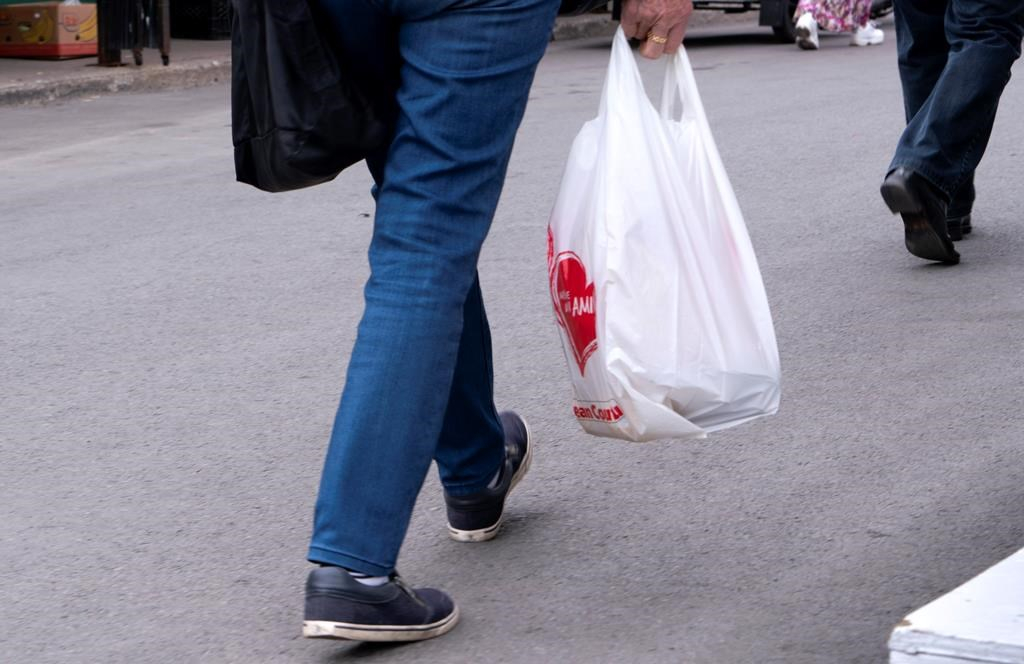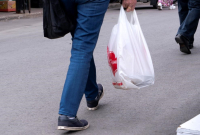Support strong Canadian climate journalism for 2025
A city in northern Saskatchewan is believed to be the first in the province to have banned plastic checkout bags
Prince Albert city council passed a bylaw unanimously at a meeting on Monday night despite some last-minute concerns raised by the local chamber of commerce.
There's to be a six-month adjustment period before the bylaw comes into effect on Aug. 1.
Businesses or restaurants found distributing or selling plastic bags after that could face fines of up to $1,000, although stores will still be able to sell packages of bags for food storage and garbage.
Exemptions are also in place for bags used to carry produce, meat, unpackaged baked goods, flowers, bulk items, live fish and dry cleaning.
Prince Albert Mayor Greg Dionne says he supports the bylaw which will reduce the amount of waste sent to the city's landfill.
The idea faced one last hurdle before being put to a final vote.
“It takes time to switch a mindset and habits,” Elise Hildebrandt, CEO of the Prince Alberta Chamber of Commerce, told council. “Plastic bags are on their way out, but the business community does not feel the switch can be done in six months.”
Hildebrandt proposed city council delay the bylaw by a year or wait until the federal government follows through on a plan to ban single-use plastics.
“I think it’s high time that we become a leader not a follower,” replied Coun. Don Cody. “We don’t follow government in the city. Government is too slow for us.”
Dionne said he would pressure the federal and provincial governments to restrict other kinds of single-use plastics that fall outside his city’s jurisdiction. He pointed to plastic packaging from online retailers such as Amazon as a major problem.
"As online shopping continues to grow, so does the pollution that comes to our landfill.”
Last week, the City of Victoria lost its fight to keep a ban on plastic bags in place. The Supreme Court of Canada upheld a lower court's ruling that had quashed the ban.
A bylaw enacted in January 2018 had prevented merchants from giving out plastic bags and required them to make paper or reusable ones available to customers. (paNOW, The Canadian Press)
This report by The Canadian Press was first published Jan. 28, 2020





Comments